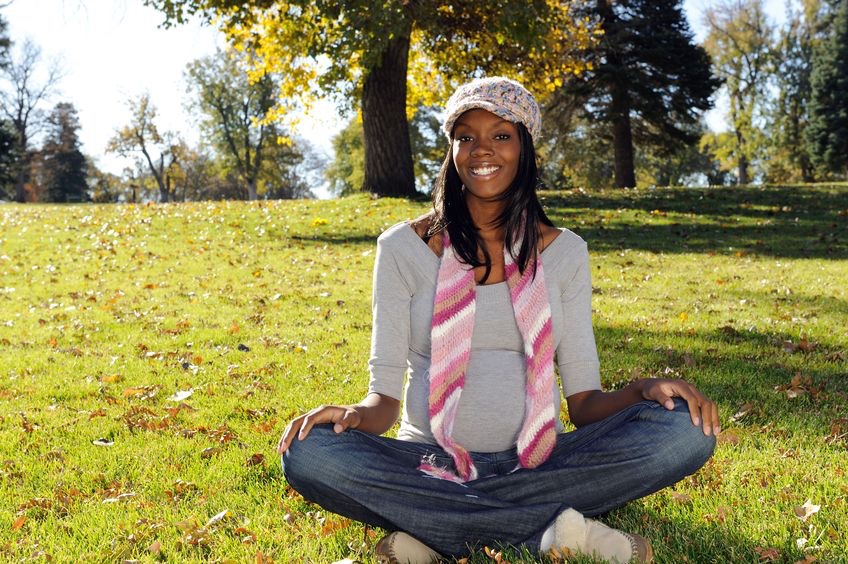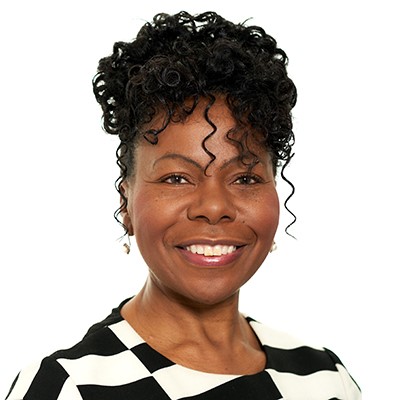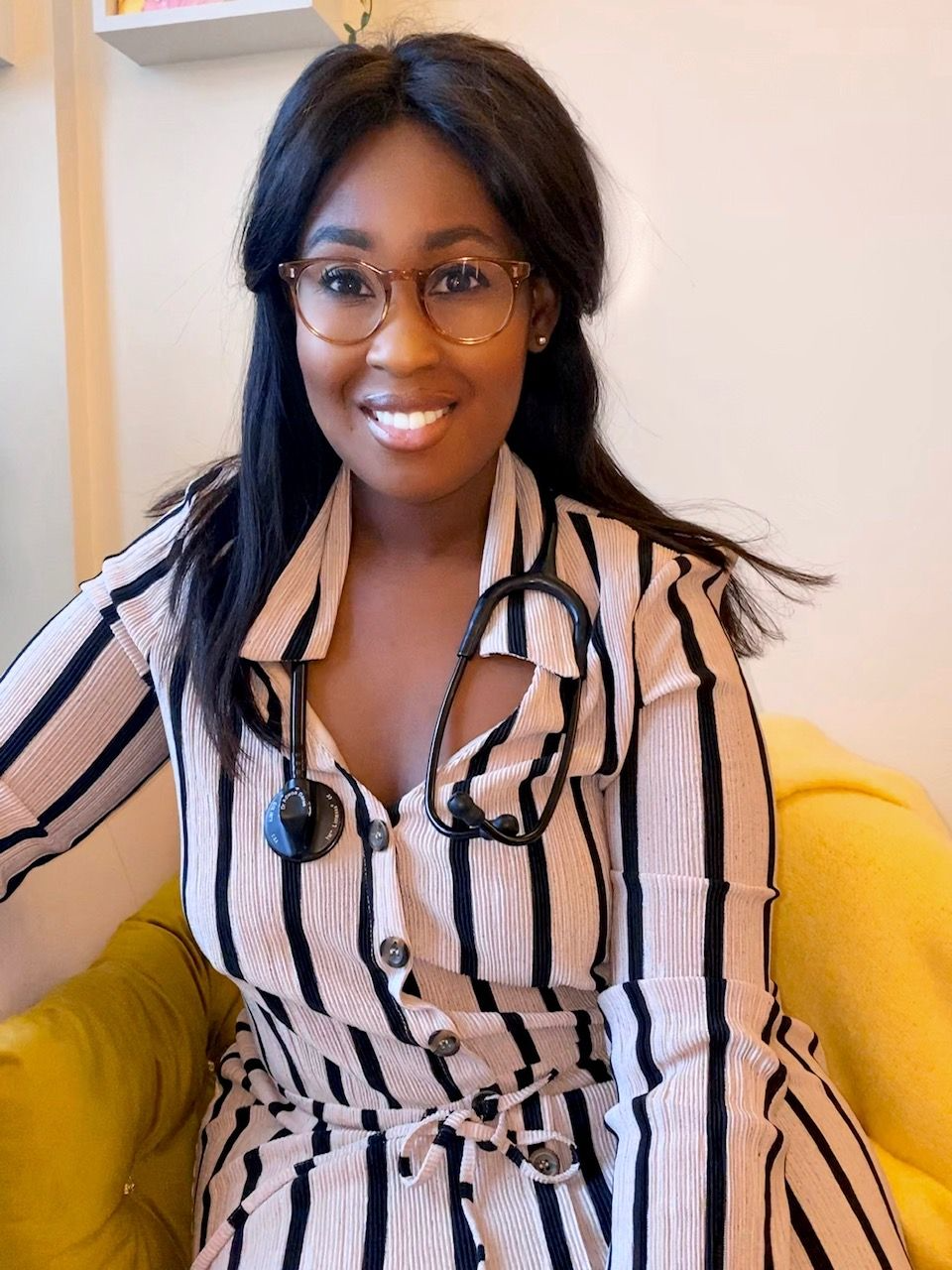Are you a woman of child-bearing age with concerns around your COVID-19 pregnancy and fertility? Eight medical experts share the most common questions on pregnancy, fertility, women’s health and the vaccine.
For several weeks now, everyone over the age of 18 has had the option of having the COVID-19 vaccination to protect themselves, and their loved ones from the serious effects of the coronavirus. While the offer includes pregnant women, there continues to be hesitancy around from some about how the vaccine may affect their fertility.
The guidance from the NHS is clear for pregnant women; whatever stage you’re at in your pregnancy, if you’re breastfeeding or plan to have children in the future, you can get vaccinated and help protect yourself from serious illness.

Image Credit: www.123rf.com.
This guidance taken on even more importance in the face of updated rules from the Government which now states that wearing a facemask and social distancing are no longer being legally enforced in the UK.
The Royal College of Obstetricians and Gynaecologists (RCOG) has advised that unvaccinated or partially vaccinated pregnant women should not hesitate to take steps to avoid COVID-19 infection by continuing to practice social distancing, particularly in their third trimester.
We get it, protecting your chances of conceiving, and if you are already pregnant, your baby, is the first priority, so it makes sense to be armed with all of the facts if you still have questions about how the vaccine could affect your pregnancy or your baby.
We have enlisted the eight medical experts – including England’s chief midwifery officer, Professor Jacqueline Dunkley-Bent – to answer some of the most common questions about Covid vaccination, pregnancy, fertility and women’s health.

If you have any further questions that were not answered, please email us at: info@melanmag.com and we will get it answered for you.
Is it safe for breastfeeding mothers to have the COVID-19 vaccine?
Yes, it is safe to have the vaccine if you’re breastfeeding. The Joint Committee on Vaccination and Immunisation (JCVI) and the World Health Organization (WHO) have recommended the COVID-19 vaccines can be taken while breastfeeding. Everyone aged 18 and over can now book their Covid vaccination, and that includes women who are breastfeeding.
Dr Daniel Osigbe
Sir Lenny Henry & friends urge the Black community to take the COVID jab
At what stage in my pregnancy should I have the COVID-19 vaccine?
You don’t need to postpone getting the vaccine because you’re pregnant. You can have your vaccine at any stage of your pregnancy.
Professor Jacqueline Dunkley-Bent
Why is it important to get the COVID-19 vaccine if I’m pregnant?
Although it’s very rare for pregnant women to become seriously ill if they get COVID-19, it may be more likely later in pregnancy. If this happens, there’s a small chance your baby may be born early. The vaccine will help to protect you and your baby.
Professor Jacqueline Dunkley-Bent
Why has the guidance on vaccinating pregnant women changed?
Around 120,000 pregnant women have been vaccinated mainly with mRNA vaccines, such as Pfizer-BioNTech and Moderna, and no safety concerns have been raised, real-world data from the United States shows. As a result, the Joint Committee on Vaccination and Immunisation (JCVI) has updated its guidance.
Dr Margaret Ikpoh
Do THIS to increase Covid-19 vaccine in Black communities, says expert
Should I leave a gap in between getting my COVID-19 vaccine and other vaccinations recommended during pregnancy?
Vaccines can protect you and your baby from infection, so it is important you receive all of the jabs you need during pregnancy. These include whooping cough and, in winter, the flu vaccine. These vaccines and the COVID-19 vaccines can be safely taken alongside one another. You can choose to leave at least seven days in between jabs to avoid confusion over any of the common side effects.
Dr Gabrielle Macaulay
What should I do if I’ve already had my first dose of the Oxford AstraZeneca vaccine?
If you’ve received the first dose of the Oxford AstraZeneca vaccine and you are due to take your second dose whilst pregnant, you can speak to your GP, midwife or health worker about the second dose of the vaccine.
Dr Omon K Imohi
Dr Zoe on myths, rumours and essential facts about the COVID-19 vaccines
Could the COVID-19 vaccine harm my baby?
None of the COVID-19 vaccines contain ingredients that are known to be harmful to pregnant women or to a developing baby.
The COVID-19 vaccines approved for use in the UK are not ‘live’ vaccines, which means they cannot infect you or your baby with COVID-19. Other non-live vaccines (such as those for flu and whooping cough) are routinely given to pregnant women and are shown to be safe.
Pome Knight (Pharmacist)

Could the COVID-19 vaccine impact my fertility?
There is no evidence that COVID-19 vaccines have any effect on fertility or your chances of becoming pregnant. During the clinical trials, a number of women – a similar number in the vaccinated and unvaccinated groups – became pregnant by accident.
The theory that immunity to the spike protein could lead to fertility problems is not supported by evidence and most people who contract COVID-19 will develop antibody to the spike. There is no evidence of fertility problems in people who have already had COVID-19.
Dr Adwoa Danso
Can I have the vaccine during IVF treatment?
Yes. The British Fertility Society suggests that you may want to leave a gap of a few days between some treatment procedures (e.g. embryo transfer) and your COVID-19 vaccination so that any symptoms you may experience can be rightly ascribed to either the vaccine or a fertility procedure.
For more guidance, speak to your medical team.
Dr Olamide Savage
If you have more questions about Covid-19 vaccination, speak to your GP, midwife or health worker.
For more information and to book your vaccination, visit nhs.uk/covidvaccine












